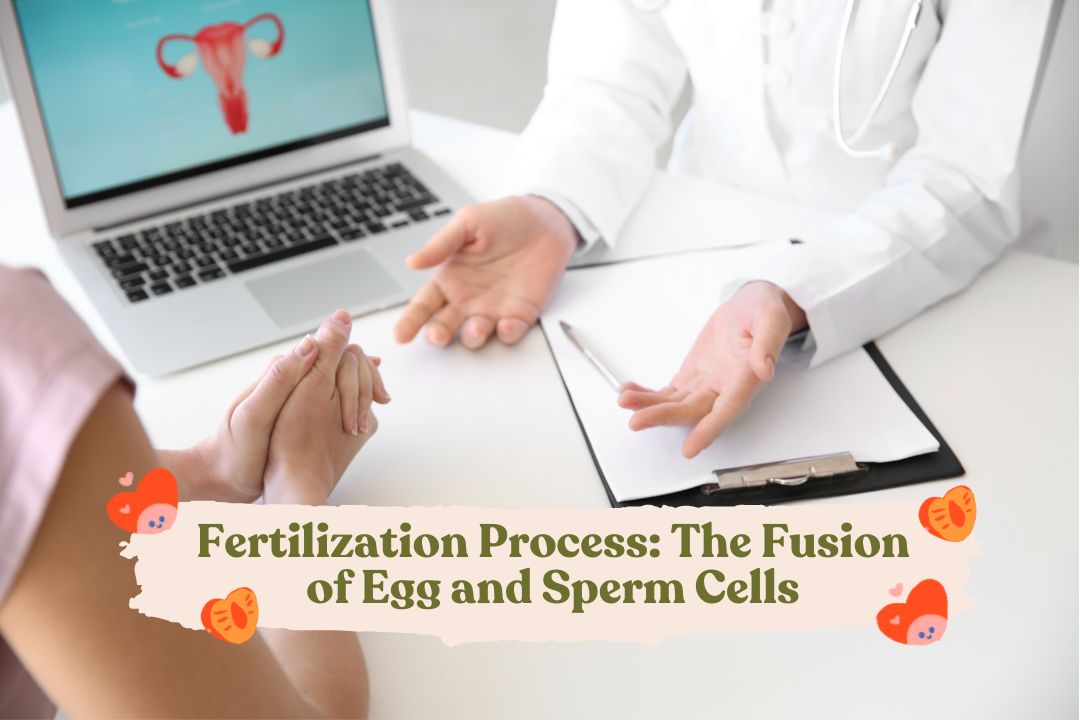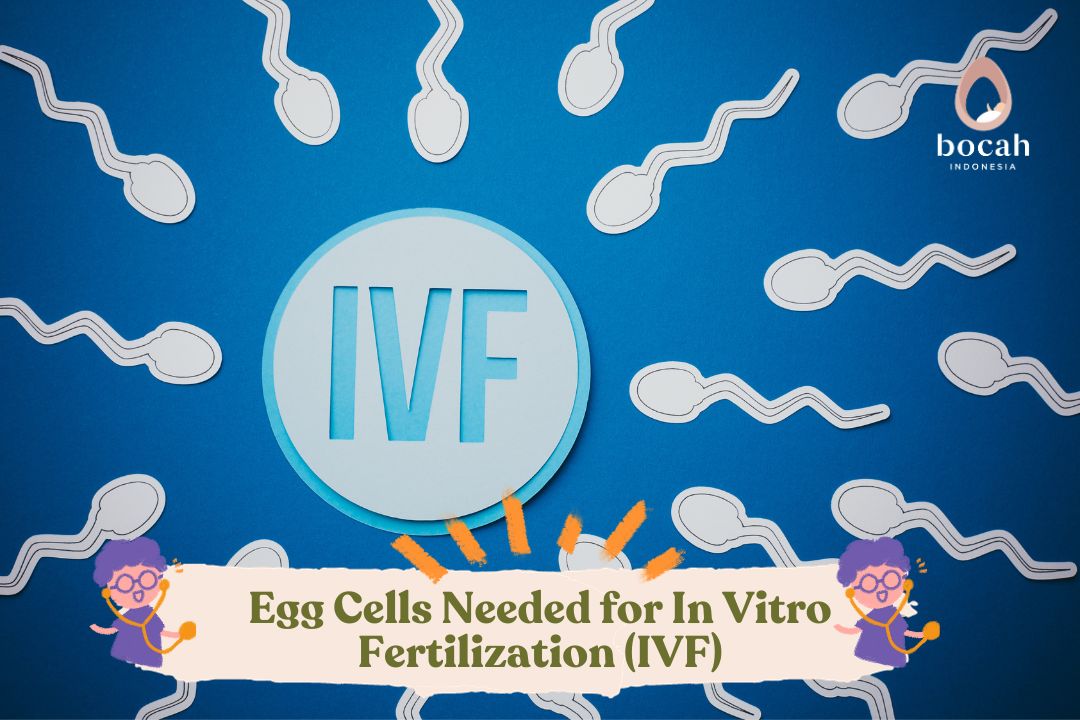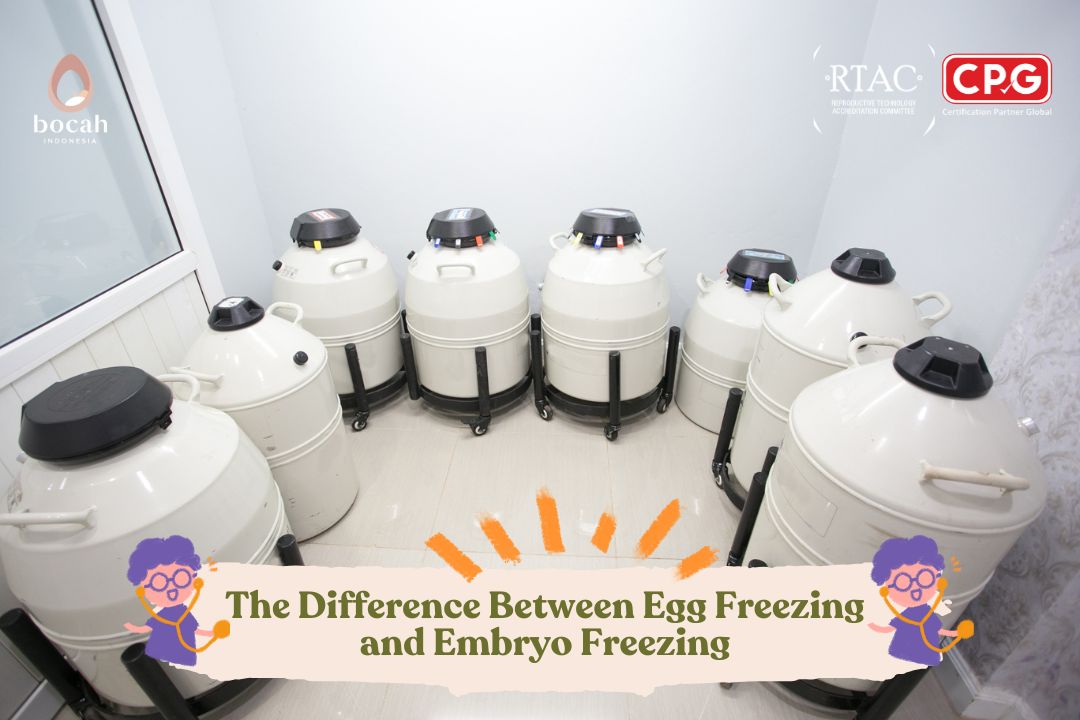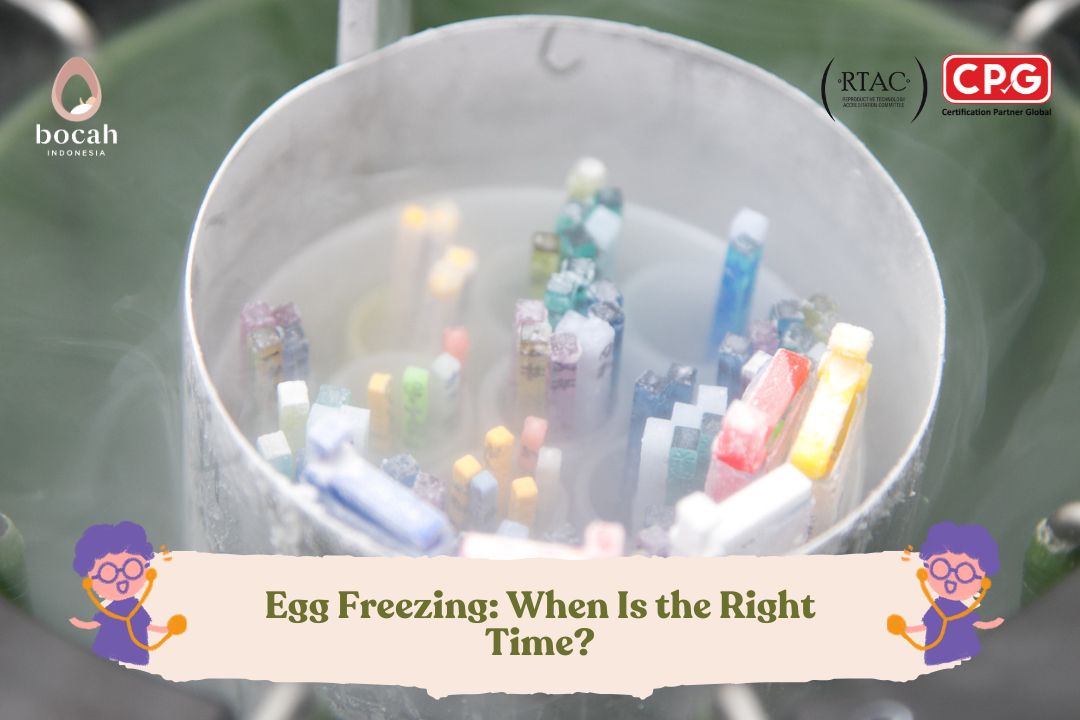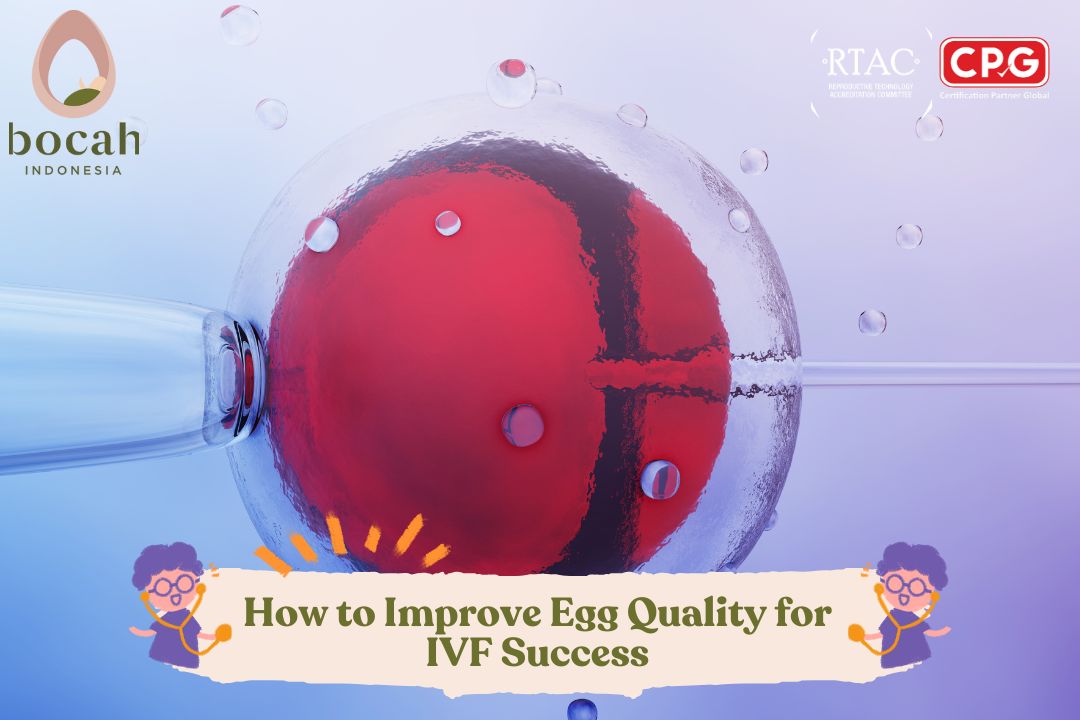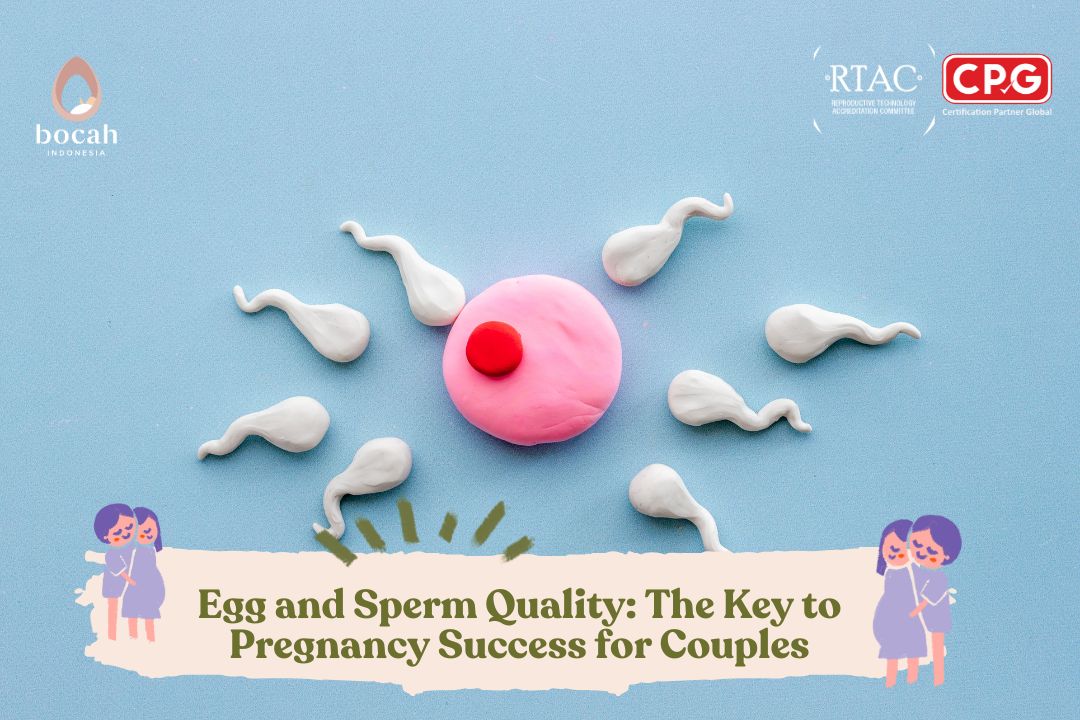Freezing Egg Cells, a Solution for Fertile Women?
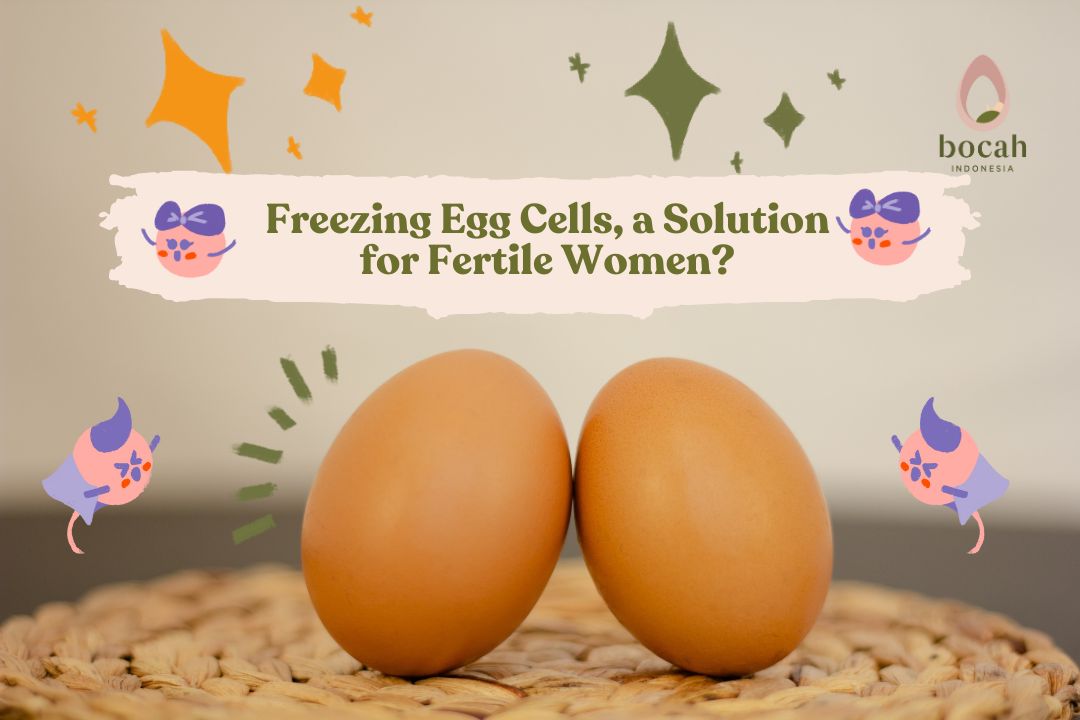
As age increases, more mothers are concerned about the difficulty of getting pregnant. This condition is due to the decreasing quantity and quality of egg cells when a mother reaches the age of 35.
However, with the advancement of technology, preservation techniques offer a solution to these worries. Freezing egg cells is a viable option for mothers who want to preserve their fertility.
What is Egg Cell Freezing?
Have you heard of egg cell freezing? It’s a process of storing unfertilized egg cells. This procedure can extend the lifespan of egg cells and increase the chances of pregnancy. The process involves retrieving egg cells from the uterus and freezing them in a laboratory at a temperature of -196 degrees Celsius. When a mother decides to pursue pregnancy, the frozen egg cells can be thawed and fertilized with sperm. The fertilized egg cells that become embryos are then implanted back into the uterus.
Egg cell freezing assists mothers who are concerned about difficulty in conception due to age, those who wish to postpone pregnancy for personal or professional reasons, those undergoing medical treatment, or those with a family history of early menopause. The egg cell freezing procedure is ideally performed during a woman’s reproductive prime, typically in her late 20s or early 30s.
Extending Fertile Period through Egg Cell Freezing
Unlike men, women have a limited reproductive or fertile period. After the age of 35, a woman’s fertility significantly decreases. Pregnancy during this stage carries risks for both the mother and the fetus. Egg cell freezing is seen as a method to extend a woman’s fertile period. This allows the use of egg cells in the future without compromising their quality. Egg cell freezing, or egg freezing, is also an option for couples planning to undergo in vitro fertilization (IVF).
Tanya Mincah tentang Promil?
Egg Cell Freezing Can Help Women with Cancer
Cancer treatments such as radiation, chemotherapy, and surgery can impact fertility. This situation is particularly risky for women who wish to become pregnant. Cancer treatments can disrupt ovarian function, affecting egg cell production. Therefore, egg cell freezing can be a solution for women seeking to preserve their fertility for future pregnancy attempts. This approach also offers hope for a healthy pregnancy in the future.
Preparations Before Egg Freezing
Before undergoing egg cell freezing, there are several things to consider. The doctor will conduct various examinations related to fertility, including menstruation cycles, egg cell count, egg cell size, and hormone levels in the blood. The more egg cells are frozen, the higher the chances of pregnancy for the woman.
Here are a few things to do before the procedure:
- Blood tests: Measure follicle-stimulating hormone (FSH) and estradiol hormone levels in your blood.
- Infectious disease screening: Determine if you have a history of infectious diseases like HIV or hepatitis.
- Ovarian examination: Assess the quality and quantity of egg cells.
- Hormone therapy: If needed, undergo hormone therapy to increase egg cell count and size.
In conclusion, egg cell freezing is a solution for women who want to preserve the possibility of future pregnancy without worrying about declining egg cell quality. Egg cell freezing can be carried out at nearby fertility clinics, like Bocah Indonesia. Of course, it’s essential to consult with a specialist obstetrician before undergoing this procedure.
References:
- Simopoulou, M., et al. (2018). Postponing Pregnancy Through Oocyte Cryopreservation for Social Reasons: Considerations Regarding Clinical Practice and the Socio-Psychological and Bioethical Issues Involved. Medicina (Kaunas). 2018 Nov; 54(5): 76.
- Argyle, C., et al. (2016). Oocyte cryopreservation: where are we now?. Hum Reprod Update. 2016 Jun;22(4):440-9.
- Pai, H., et al. (2021). Oocyte Cryopreservation – Current Scenario and Future Perspectives: A Narrative Review. J Hum Reprod Sci. 2021 Oct-Dec; 14(4): 340–349.


